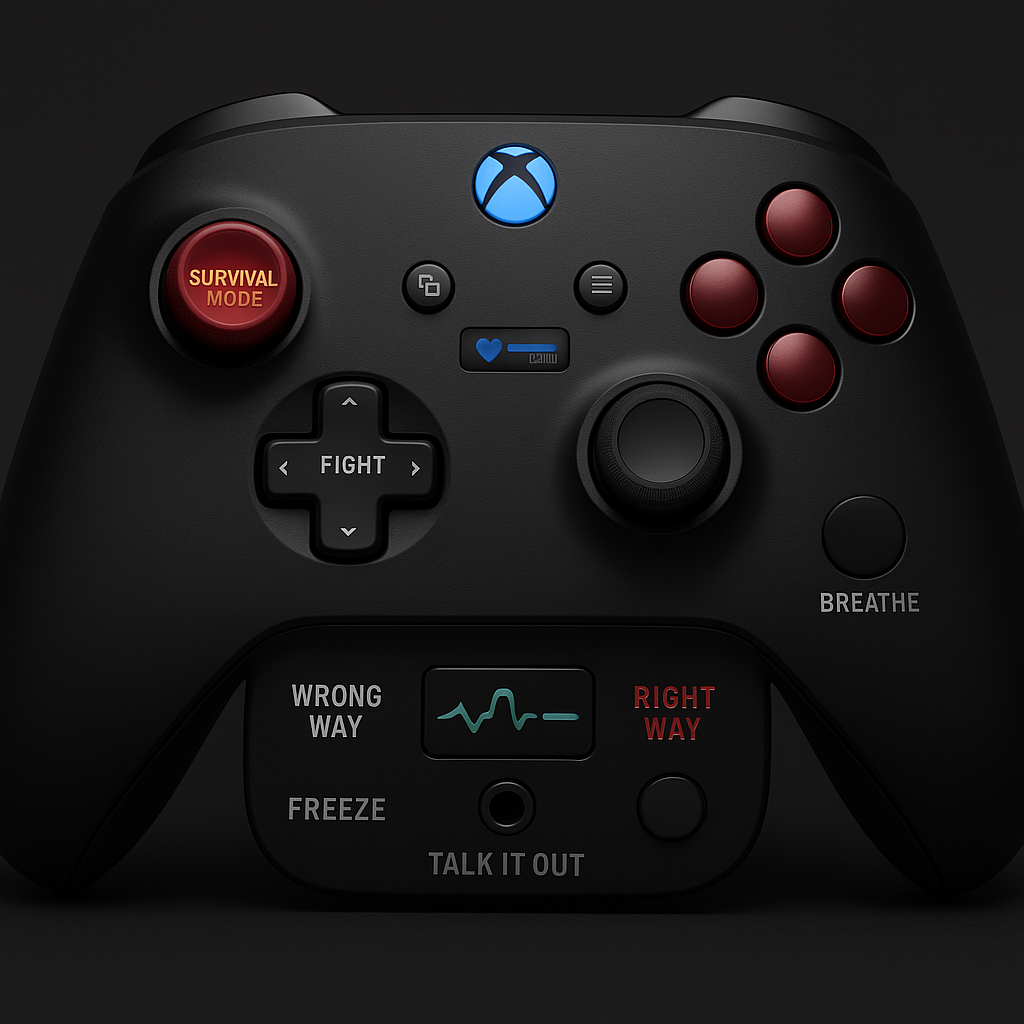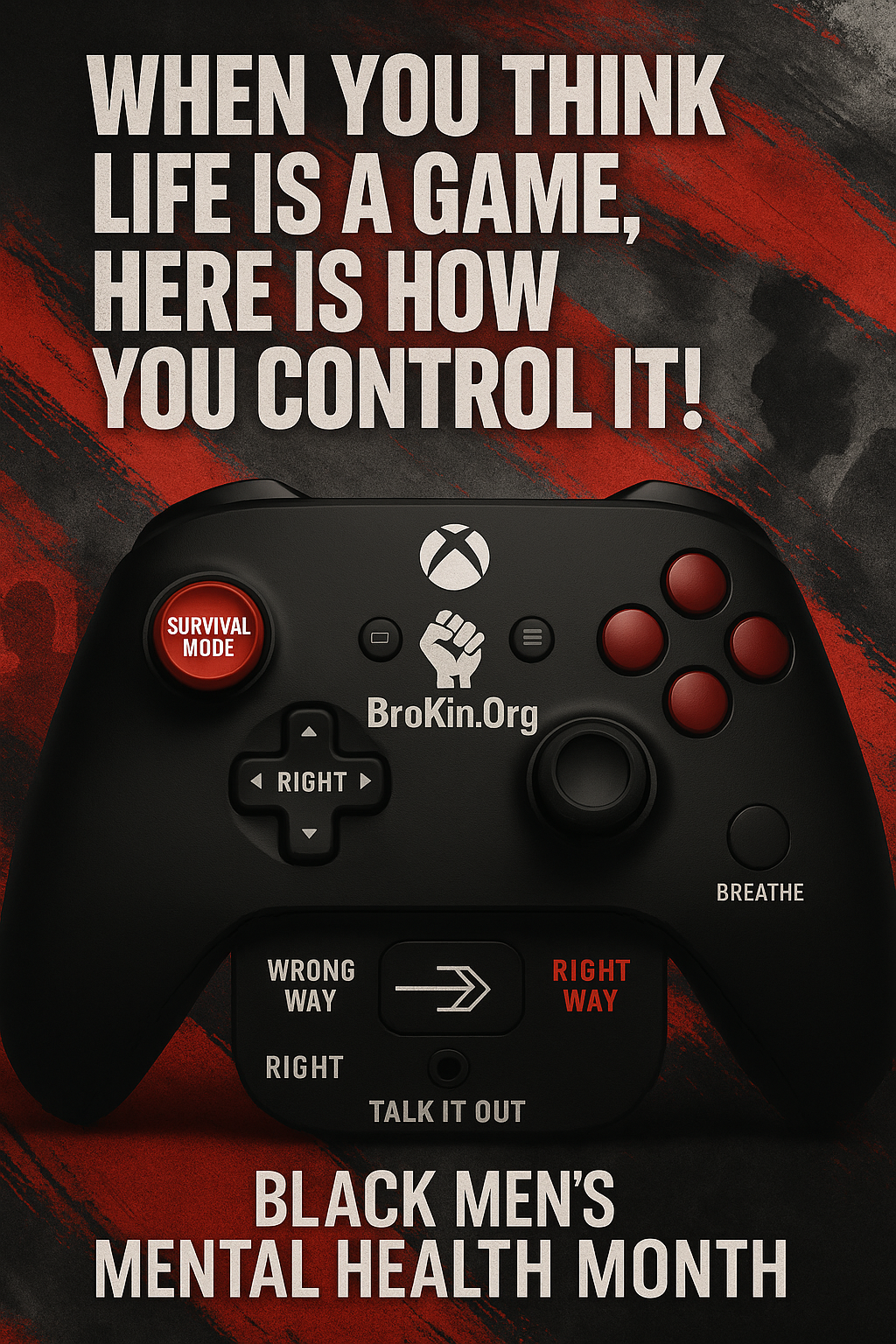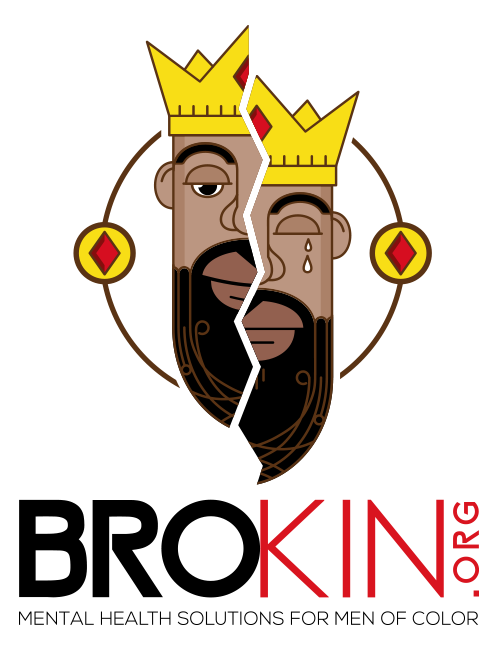
“Healing While Black: Unpacking Cultural PTSD and Survival Mode in the Hood”
By Dr. Ifeanyi Ufondu, Clinical Psychologist, BroKin Mental Health Solutions
May is Mental Health Awareness Month—but for many Black men, survival doesn’t leave room for healing.
If you grew up in the hood, you already know: survival is second nature. From dodging bullets to checking your back every time you walk into a corner store, we were taught to be hard, numb, and alert. Crying was for the weak. Therapy was for white folks. And trusting someone with your pain? That felt like a luxury we couldn’t afford.
But what if I told you that what many of us experience every day—anger, anxiety, detachment, explosive reactions, emotional shutdowns—isn’t just “normal”? It’s Cultural PTSD. And it’s real.
What Is Cultural PTSD?
Post-Traumatic Stress Disorder isn’t just for veterans and accident survivors. Cultural PTSD refers to the chronic psychological trauma passed down through generations of systemic racism, poverty, mass incarceration, and neighborhood violence. For Black men, it’s the lingering emotional weight of being constantly on guard in a society that either fears or forgets us.
We’ve normalized the chaos. Gunshots at night? Just another Tuesday. Your boy getting locked up for something he didn’t do? “It is what it is.” Getting followed in a store, stopped for no reason, having to “code-switch” to survive interviews? That’s just the cost of being Black and male in America.
But that normalization comes at a price—our peace, our relationships, our health.
Survival Mode vs. Thriving
Living in “survival mode” means our bodies are stuck in fight-or-flight. Heart racing. Muscles tight. Sleep light. Emotions off. It’s a physiological response, not just a mental one. But if you’ve been in survival mode for 10, 15, 20 years—how do you even know what peace feels like?
You might think you’re fine. You work. You provide. You protect your family. But underneath the surface, unprocessed trauma is running the show. You avoid vulnerability. You bottle things up. You lash out in ways you regret later. That’s not thriving. That’s surviving.
Why Black Men Don’t Talk About It
– Stigma: Many of us were told that mental health is weakness, or “not for us.” We learned to pray it away, drink it away, smoke it away—but never to name it.
– Access: Quality, culturally competent therapists are hard to find, especially in our communities.
– Trust: Black men have been violated, exploited, and ignored by systems—including medical and psychological ones. Distrust is earned, not imagined.
– Ego: We’re taught to be strong. But strength isn’t silence. It’s knowing when to ask for help.
The Cost of Not Healing
Unhealed trauma manifests as broken homes, damaged friendships, substance abuse, high blood pressure, and early death. It poisons fatherhood. It hijacks our emotional lives. It makes us repeat the cycles we swore we’d break.
But here’s the truth: **Black men deserve to heal**. We deserve softness. We deserve safe spaces. We deserve to lay our burdens down without being labeled weak or crazy.

Where Do We Begin?
– Therapy: Find a culturally competent therapist who understands the nuances of being a Black man in America. BroKin.Org offers services built for you, by people who look like you.
– Community: Healing can’t happen in isolation. Talk to your boys. Have real conversations. Check in. Don’t clown each other for being vulnerable—celebrate it.
– Language: Learn the language of healing. Read. Journal. Meditate. Go beyond “I’m good.” Say “I’m grieving,” “I’m angry,” or “I feel ashamed.” Naming it takes the power from it.
– Faith & Culture: Incorporate spiritual and cultural rituals that bring you peace—prayer, music, movement, storytelling, or art.
Final Word: You Are Not Broken. You Are Becoming.
To my brothers out there holding it all together, barely hanging on: **you are not alone**. What you’re feeling is real. And it’s valid. But you don’t have to carry it forever. You can unpack it. You can heal it. You can transform it.
The hood taught us how to survive. Now it’s time we learn how to live.
Written with love, Light, and Power,
Dr. Ifeanyi Ufondu,
Clinical Psychologist | Founder, BroKin Mental Health Solutions


